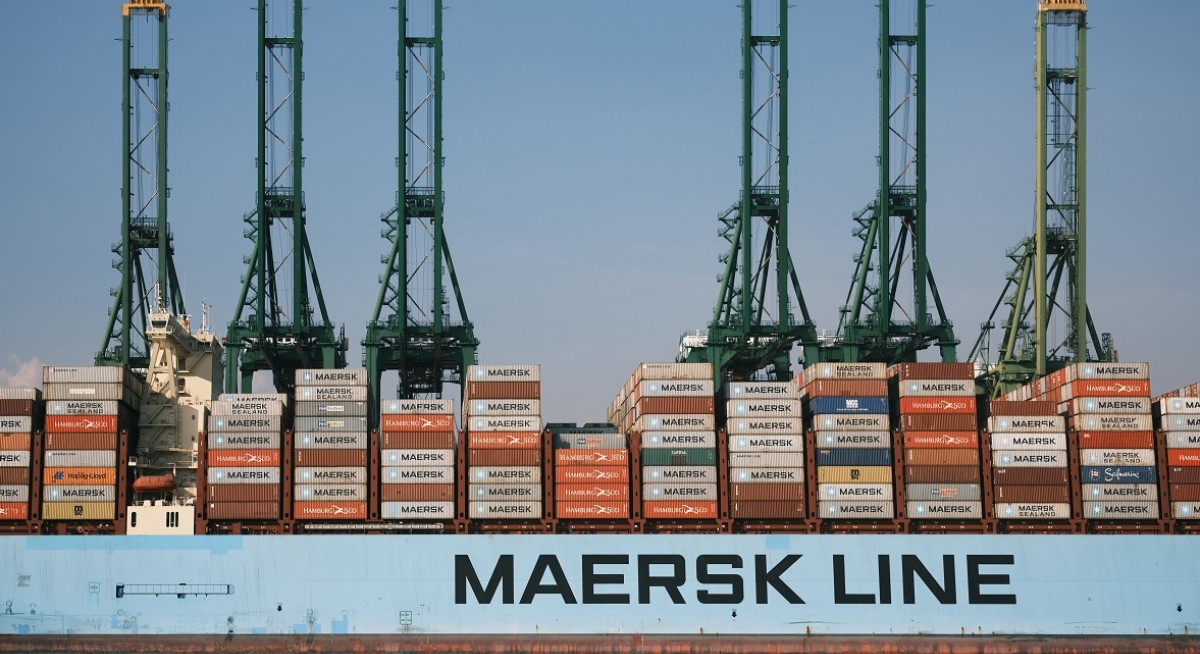The WTO’s forecasts – which are in line with IMF and OECD projections – mark a major deceleration from last year’s 9.7% growth in global trade. That was fueled by consumer purchases of household items while travel and other service industries were limited during the depths of the Covid pandemic.
“We’re looking at a situation in which a global slowdown is going to squeeze households even more, squeeze businesses and we may be edging into a recession,” WTO Director-General Ngozi Okonjo-Iweala said in an interview with Bloomberg Television. “It’s looking quite grim – a little more grim than we had thought.”
Pandemic Trade Boom Stalls | Trade losing momentum amid multiple shocks to the world economy
See also: BOJ hawk Tamura flags spring as possible timing for rate hike
In addition to the economic risks facing the US and Europe, the WTO said poor nations stand to suffer, too. “The growing import bills for fuels, food and fertilizers could lead to food insecurity and debt distress in developing countries,” it said.
Among the other potential drags: central banks raising interest rates too high or acting too late on inflationary pressures that “may have peaked,” the WTO said.
‘Overshooting’ Risk
“Overshooting on tightening could trigger recessions in some countries, which would weigh on imports,” it said. “Alternatively, central banks might not do enough to bring inflation down, possibly necessitating stronger interventions in the future.”
See also: China eases duties on EU dairy in latest sign of trade thaw
The WTO acknowledged the tradeoffs governments are grappling with to bring soaring prices down.
“Policymakers are confronted with unenviable choices as they try to find an optimal balance among tackling inflation, maintaining full employment, and advancing important policy goals such as transitioning to clean energy,” Okonjo-Iweala said in a news release.
She cautioned against a retrenchment in global supply chains, saying such moves will only worsen inflationary pressures and slow economic growth. “What we need is a deeper, more diversified and less concentrated base for producing goods and services.” Okonjo-Iweala said.
A slowdown in trade poses challenges for logistics industries such as container shipping, where the biggest players posted record profits in recent quarters because of sky-high ocean freight rates. Some of them are already adjusting their businesses to account for lower volumes.
The world’s largest container carrier, Geneva-based Mediterranean Shipping Co., last week announced the suspension of a transpacific service and cited “significantly reduced demand for shipments into the US West Coast during the past weeks.”




